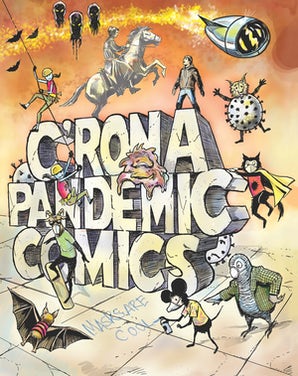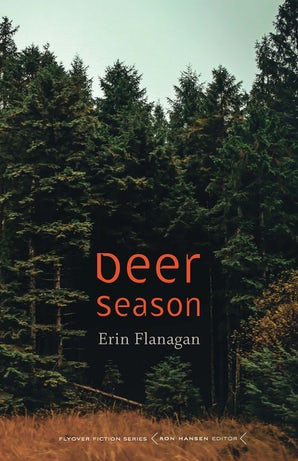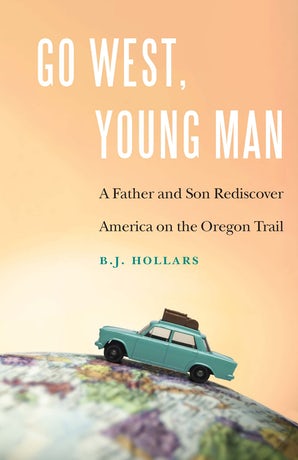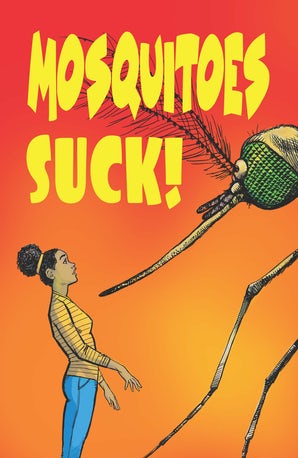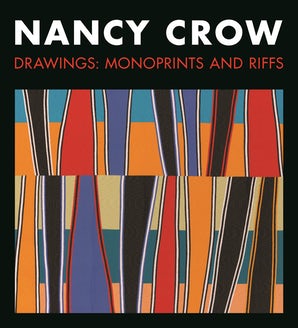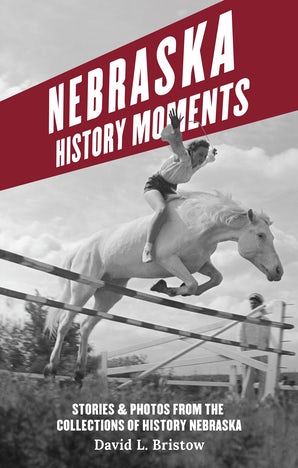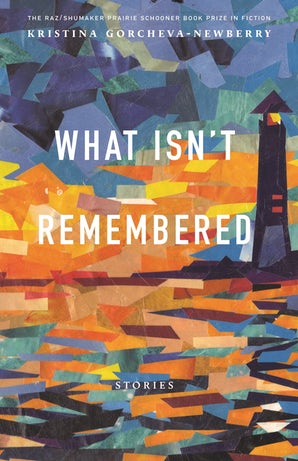The Nebraska Publications Clearinghouse receives documents every month from all Nebraska state agencies, including the University of Nebraska Press (UNP). Each month we will be showcasing the UNP books that the Clearinghouse receives. UNP books, as well as all Nebraska state
documents, are available for checkout by libraries and librarians for their patrons.Here are the UNP books the Clearinghouse received in July and August 2021:
C’RONA Pandemic Comics, by Bob Hall, Judy Diamond, Liz VanWormer, and Judi M. Gaiashkibos.
C’RONA Pandemic Comics is a collection of short comics and essays developed to help youth understand the complexities of living through a viral pandemic. Each focuses on a different theme: the biology of the COVID-19 virus; the relationship of wild animals, particularly bats, to the pandemic; and the impact of the pandemic on tribal communities. Created by a group of artists, educators, tribe members, and scientists, this comic book provides an engaging way to learn about the COVID-19 pandemic from a cast of fictional characters—a parrot, a fox, a goat, a bat, a mouse, a coyote, and a ghost.
DEAR DIASPORA, by Susan Nguyen. Series: The Raz/Shumaker Prairie Schooner Book Prize in Poetry.
Dear Diaspora is an unapologetic reckoning with history, memory, and grief. Parting the weeds on a small American town, this collection sheds light on the intersections of girlhood and diaspora. The poems introduce us to Suzi: ripping her leg hairs out with duct tape, praying for ecstasy during Sunday mass, dreaming up a language for buried familial trauma and discovering that such a language may not exist. Through a collage of lyric, documentary, and epistolary poems, we follow Suzi as she untangles intergenerational grief and her father’s disappearance while climbing trees to stare at the color green and wishing that she wore Lucy Liu’s freckles.
Winner of the Raz/Shumaker Prairie Schooner Book Prize in Poetry, Dear Diaspora scrutinizes our turning away from the trauma of our past and our complicity in its erasure. Suzi, caught between enjoying a rundown American adolescence and living with the inheritances of war, attempts to unravel her own inherited grief as she explores the multiplicities of identity and selfhood against the backdrop of the Vietnamese diaspora. In its deliberate interweaving of voices, Dear Diaspora explores Suzi’s journey while bringing to light other incarnations of the refugee experience.
DEATH OF THE SENATE : MY FRONT ROW SEAT TO THE DEMISE OF THE WORLD’S GREATEST DELIBERATIVE BODY, by Ben Nelson.
Something is rotten in the U.S. Senate, and the disease has been spreading for some time. But Ben Nelson, former U.S. senator from Nebraska, is not going to let the institution destroy itself without a fight. Death of the Senate is a clear-eyed look inside the Senate chamber and a brutally honest account of the current political reality.
In his two terms as a Democratic senator from the red state of Nebraska, Nelson positioned himself as a moderate broker between his more liberal and conservative colleagues and became a frontline player in the most consequential fights of the Bush and Obama years. His trusted centrist position gave him a unique perch from which to participate in some of the last great rounds of bipartisan cooperation, such as the “Gang of 14” that considered nominees for the federal bench—and passed over a young lawyer named Brett Kavanaugh for being too partisan.
Nelson learned early on that the key to any negotiation at any level is genuine trust. With humor, insight, and firsthand details, Nelson makes the case that the “heart of the deal” is critical and describes how he focused on this during his time in the Senate. As seen through the eyes of a centrist senator from the Great Plains, Nelson shows how and why the spirit of bipartisanship declined and offers solutions that can restore the Senate to one of the world’s most important legislative bodies.
DEER SEASON, by Erin Flanagan. Series: Flyover Fiction.
It’s the opening weekend of deer season in Gunthrum, Nebraska, in 1985, and Alma Costagan’s intellectually disabled farmhand, Hal Bullard, has gone hunting with some of the locals, leaving her in a huff. That same weekend, a teenage girl goes missing, and Hal returns with a flimsy story about the blood in his truck and a dent near the headlight. When the situation escalates from that of a missing girl to something more sinister, Alma and her husband are forced to confront what Hal might be capable of, as rumors fly and townspeople see Hal’s violent past in a new light.
A drama about the complicated relationships connecting the residents of a small-town farming community, Deer Season explores troubling questions about how far people will go to safeguard the ones they love and what it means to be a family.
EARLY MODERN TRAUMA : EUROPE AND THE ATLANTIC WORLD, Edited by Erin Peters and Cynthia Richards. Series: Early Modern Cultural Studies.
The term trauma refers to a wound or rupture that disorients, causing suffering and fear. Trauma theory has been heavily shaped by responses to modern catastrophes, and as such trauma is often seen as inherently linked to modernity. Yet psychological and cultural trauma as a result of distressing or disturbing experiences is a human phenomenon that has been recorded across time and cultures.
The long seventeenth century (1598–1715) has been described as a period of almost continuous warfare, and the sixteenth to eighteenth centuries saw the development of modern slavery, colonialism, and nationalism, and witnessed plagues, floods, and significant sociopolitical, economic, and religious transformation. In Early Modern Trauma editors Erin Peters and Cynthia Richards present a variety of ways early modern contemporaries understood and narrated their experiences. Studying accounts left by those who experienced extreme events increases our understanding of the contexts in which traumatic experiences have been constructed and interpreted over time and broadens our understanding of trauma theory beyond the contemporary Euro-American context while giving invaluable insights into some of the most pressing issues of today.
GO WEST, YOUNG MAN : A FATHER AND SON REDISCOVER AMERICA ON THE OREGON TRIAL, by B. J. Hollars.
At the sound of the bell on the last day of kindergarten, B.J. Hollars and his six-year-old son, Henry, hop in the car to strike out on a 2,500-mile road trip retracing the Oregon Trail. Their mission: to rediscover America, and Americans, along the way. Throughout their two-week adventure, they endure the usual setbacks (car trouble, inclement weather, and father-son fatigue), but their most compelling drama involves people, privilege, and their attempt to find common ground in an all-too-fractured country.
Writing in the footsteps of John Steinbeck’s Travels with Charley, Hollars picks up the trail with his son more than half a century later. Together they sidle up to a stool at every truck stop, camp by every creek, and roam the West. They encounter not only the beauty and heartbreak of America, but also the beauty and heartbreak of a father and son eager to make the most of their time together. From Chimney Rock to Independence Rock to the rocky coast of Oregon, they learn and relearn the devastating truth of America’s exploitative past, as well as their role within it.
Go West, Young Man recounts the author’s effort to teach his son the difficult realities of our nation’s founding while also reaffirming his faith in America today.
MOSQUITOES SUCK!, by Katherine Richardson Bruna, Sara Erickson, and Lyric Bertholomay.
Using a science comic format to engage readers of all ages, Mosquitoes SUCK! conveys essential information about mosquito biology, ecology, and disease transmission needed for community-based control efforts. Starting with a story of a dystopian mosquito-less future, Mosquitoes SUCK! travels back in time to depict the present-day work of a scientist in her lab and the curiosity of the students she works with as they learn about the history of mosquito-human interaction, science as an ever-evolving tool, and the need to balance cutting-edge preventative technologies with broader care for environmental stewardship.
NANCY CROW : DRAWINGS: MONOPRINTS AND RIFFS, by Nancy Crow.
Nancy Crow: Drawings: Monoprints and Riffs is a beautifully illustrated catalog showcasing the newest work of renowned artist Nancy Crow. Over the last decade Crow has transformed her quiltmaking by developing a unique monoprinting technique. Monoprinting on cotton fabric, she focuses on drawn lines, layered one upon another, that result in a complex visual tangle. The work in this series simultaneously produces both clarity and depth.
In her Riff and Drawing: Riff series, Crow has continued to explore her “drawing with fabric” approach. In these works Crow improvisationally cuts through layers of highly saturated hand-dyed fabrics, creating crisp forms with slight curves and undulations caused by subtle movements of her arm, which are then stitched together in dynamic compositions.
This catalog includes Crow’s descriptions of these innovative techniques as well as candid musings on her personal journey as a driven, passionate artist. In addition, Crow’s work is discussed in an essay by Jean Robertson, Chancellor’s Professor Emerita of Art History at the Herron School of Art and Design at Indiana University–Purdue University. Also featured is a foreword by David Hornung, professor of art and art history at Adelphi University, New York. The catalog accompanies a 2020 exhibition of Crow’s work at the International Quilt Museum, University of Nebraska–Lincoln.
NEBRASKA HISTORY MOMENTS : STORIES & PHOTOS FROM THE COLLECTIONS OF HISTORY NEBRASKA, by David L. Bristow.
Even a moment is enough for wonder and curiosity. Each page of this book uses a photo or artifact to tell a true story about the past, drawing from the extensive collections of History Nebraska. You can read it straight through, but it’s written to be browsed. Here are the turning points, disasters, amusements, causes and controversies, changing technologies, and scenes of daily life of the people who lived in a Nebraska that sometimes seems familiar to us, and sometimes seems a world away.
WHAT ISN’T REMEMBERED : STORIES, by Kristina Gorcheva-Newberry. Series: The Raz/Shumaker Prairies Schooner Book Prize in Fiction.
Winner of the Raz/Shumaker Prairie Schooner Book Prize in Fiction, the stories in What Isn’t Remembered explore the burden, the power, and the nature of love between people who often feel misplaced and estranged from their deepest selves and the world, where they cannot find a home. The characters yearn not only to redefine themselves and rebuild their relationships but also to recover lost loves—a parent, a child, a friend, a spouse, a partner.
A young man longs for his mother’s love while grieving the loss of his older brother. A mother’s affair sabotages her relationship with her daughter, causing a lifelong feud between the two. A divorced man struggles to come to terms with his failed marriage and his family’s genocidal past while trying to persuade his father to start cancer treatments. A high school girl feels responsible for the death of her best friend, and the guilt continues to haunt her decades later.
Evocative and lyrical, the tales in What Isn’t Remembered uncover complex events and emotions, as well as the unpredictable ways in which people adapt to what happens in their lives, finding solace from the most surprising and unexpected sources.

